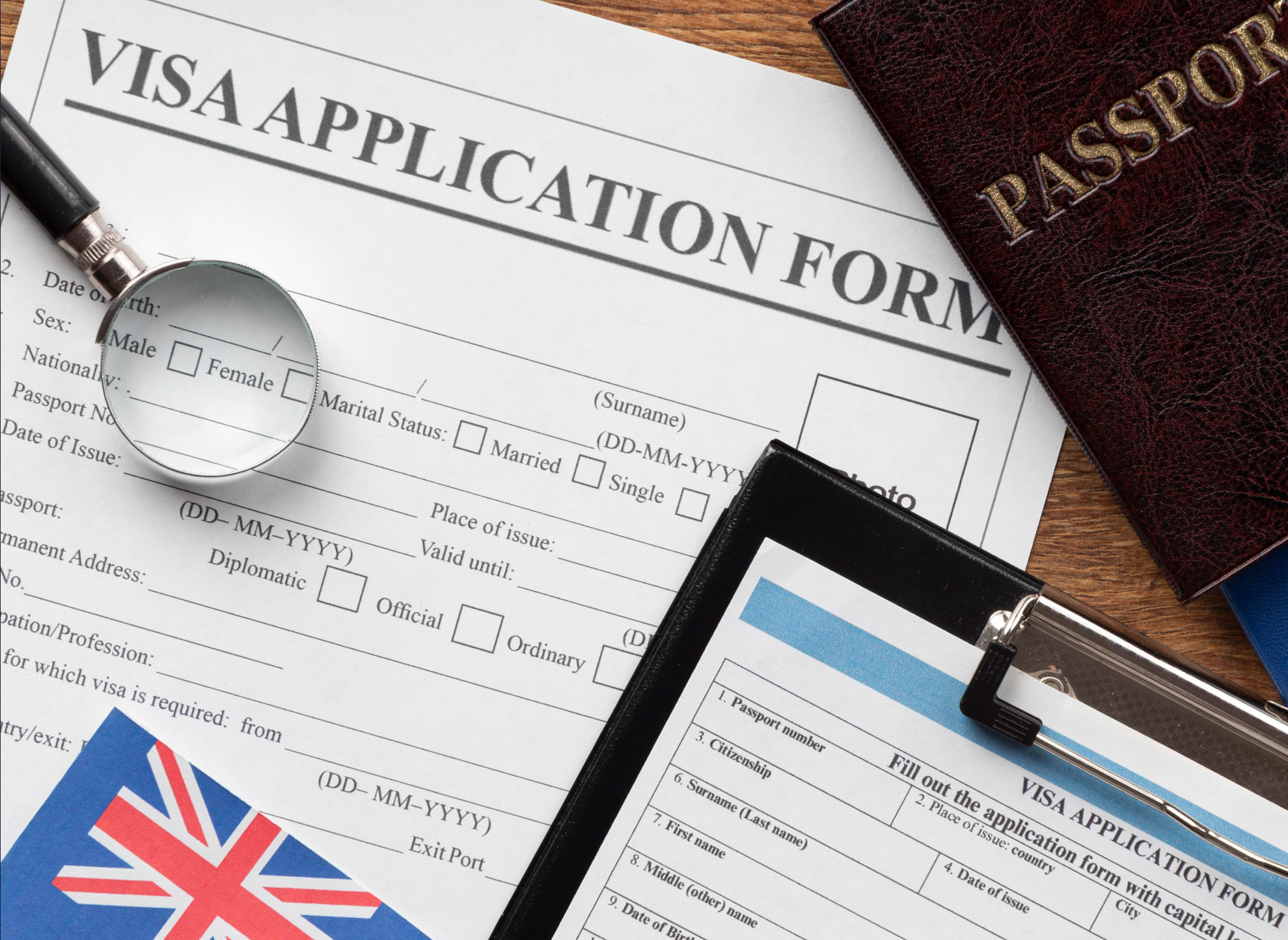
A Settlement Agreement (formerly known as a Compromise Agreement) is a legally binding agreement between you and your employer. This usually provides for a severance payment by the employer in return for your agreement not to pursue any claims in a Tribunal or a Court. At Davenport Solicitors, we are experts in helping both employers […]
A Settlement Agreement (formerly known as a Compromise Agreement) is a legally binding agreement between you and your employer. This usually provides for a severance payment by the employer in return for your agreement not to pursue any claims in a Tribunal or a Court. At Davenport Solicitors, we are experts in helping both employers and employees alike who may find themselves in a settlement agreement situation. In this post, we provide answers to the most common questions employers ask with regards to settlement agreements.
As an employer, you can offer a settlement agreement for many reasons. Although, usually, it is because something has gone wrong at work. An employee may disagree with the way someone at work treats them. Or they may have been harassed and discriminated against. Additionally, they may have been dismissed or managed out of their job.
A Settlement Agreement would also be used where there is a dispute between an employer and employee – as a means of bringing that dispute to a close. In other words, it becomes the document that sets out the final terms that have been negotiated against the threat of legal claim against an employer.
The amount of compensation an employer awards in a settlement agreement can depend on a variety of factors including any contractual or statutory entitlements. Various considerations need to be taken into account when calculating an agreement.
Some elements that an employee or employer might want to consider before approaching a financial settlement include:
Typically, settlement agreement confidentiality clauses incorporate the following standard terms:
In order to be valid and enforceable, a settlement agreement must comply with a number of legal requirements. They are:
The initial draft of the settlement agreement is usually provided by the employer (often drafted by the employer’s solicitor or another legal adviser.). The employee then takes independent advice on the terms, and there is often then a period of negotiation around these until an agreement is reached.
What happens if the employee doesn’t accept the settlement agreement?
If the employee doesn’t accept a settlement offer, as an employer, you have two options – either to increase the offer until they do, or withdraw from discussions, and either continue employment as before or commence whichever termination process is most appropriate.
Generally speaking, the employer can pay the first £30,000 compensation for the Settlement Agreement tax-free, but this will not apply to all payments. Taxation on Settlement Agreements differ according to a range of considerations.
How Settlement Agreement payments are taxed will depend on what kind of payment they are. For example, if the Settlement Agreement includes compensation that exceeds the £30,000 exemption, tax must be deducted at the OT tax code rate which may mean making deductions at different rates from 20% to 45% depending on the size of the excess. The OT Code does not include any personal allowances and divides the different tax bands into twelfths.
Technically, yes it can be. An employer can decide that they do not want to proceed with a settlement agreement even after they have offered it, as long as it has not been signed by the parties. However, in our experience, so long as the parties are negotiating in good faith and seeking to agree on the terms, then this is unlikely to happen.
If you would like Davenport Solicitors to support you with further advice on Settlement Agreements or to speak to our settlement agreement solicitors in London, we welcome you to visit our contact us page, or contact us directly by emailing contact@davenportsolicitors.com or giving our experts a call on 02079 036888.
Disclaimer
The material contained on this website contains general information only and does not constitute legal or other professional advice and should not be relied upon as such. While every care has been taken in the preparation of the information on this site, readers are advised to seek specific advice in relation to any decision or course of action.
 Business Immigration
Business Immigration
 Business Immigration
Business Immigration
 Business Immigration
Business Immigration